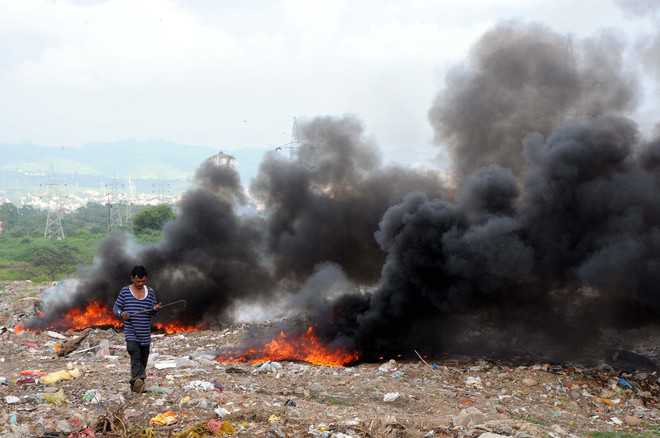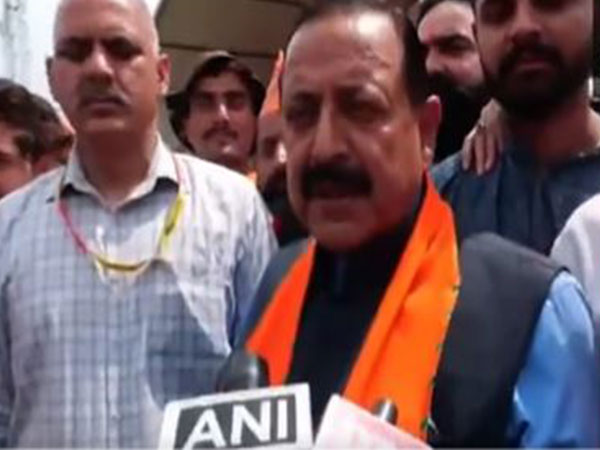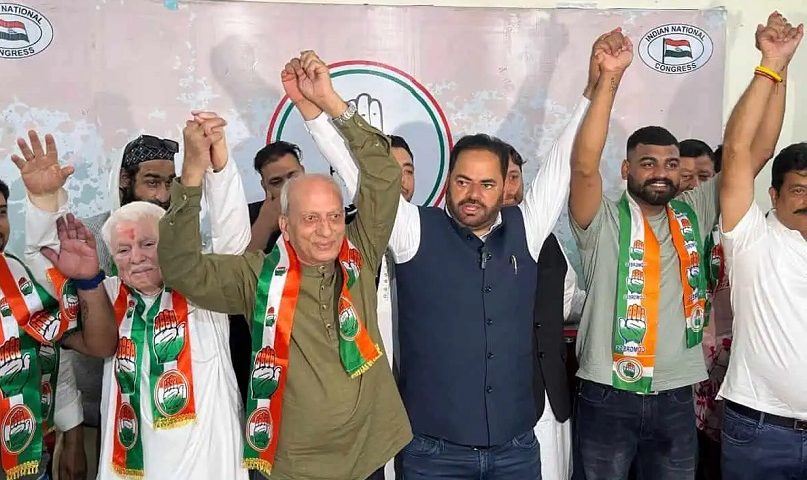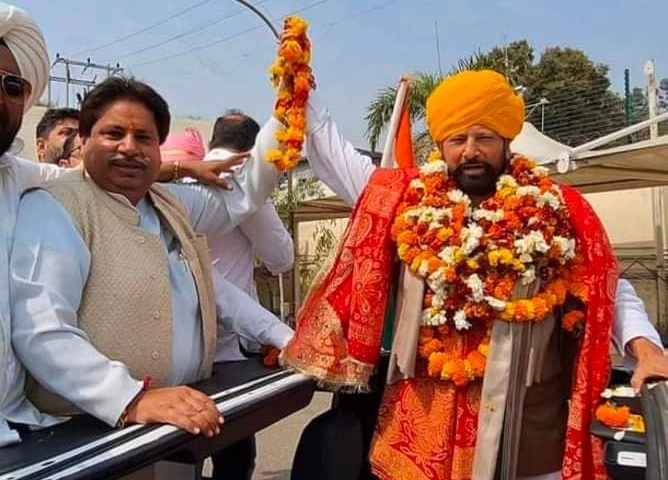The Swachh Bharat Mission has failed to achieve targets in the state as the agencies concerned have no waste management plan for Jammu city.
Though the Jammu Municipal Corporation (JMC), which has given two garbage bins to every household and shopkeepers in most of the localities in the city, it has failed to properly manage the city’s waste.
According to experts, there are two kinds of garbage —- one is wet garbage and other is dry garbage. Dry garbage can be sold to junk dealers but wet garbage requires composition. Despite handing over two different coloured garbage bins to the households, the JMC has failed to educate people about the kind of garbage to be put into each dustbin.
Locals said though some households segregated garbage and put it into respective bins, the garbage collection vehicle of the JMC puts all garbage into the same container.
“The JMC has no waste management policy. The Swachh Bharat Mission is nothing more than a ‘mockery’ in Jammu and Kashmir. The mission is not just about clicking a picture while holding a broom on the roadside. The garbage has to be disposed of properly,” said Arvind Sharma, a resident of Bhagwati Nagar.
“We are using separate bins for wet and dry garbage. But the garbage collection vehicle puts it in the same container. What is the fun of separate garbage bins?” he asked.
The JMC has been dumping garbage collected from the city at Bhagwati Nagar near the banks of the Tawi for the last many years, which is not only causing air polluting but also polluting the river water.
“We can write to the municipalities to implement the Centre’s guidelines, but we cannot force them to do things,” said Anuradha, in charge, solid waste management, State Pollution Control Board.
The JMC has not only been ignoring the letters sent to it by the State Pollution control Board, but it has also been ignoring the instructions of the Union Ministry of Urban Development.
Praveen Prakash, Joint Secretary and Mission Director, Ministry of Urban Development, has sent a letter to all municipalities and Union Territories, directing the municipalities to ensure that all the bulk waste generators (establishments which generate more that 100 kg of waste per day) segregate their waste at source and process, treat and dispose of biodegradable waste on the premises to the extent possible, through composition or biomethanation.
“The next Swachh Survekshan will take into cognisance the number of bulk waste generators in each city and whether they are segregating waste and composting the biodegradable component of that waste,” the letter sent by the Ministry of Urban Development read. The JMC hasn’t even notified the public and the bulk waste generators to install composition plant at their respective establishments.
Jammu sans waste disposal plan






